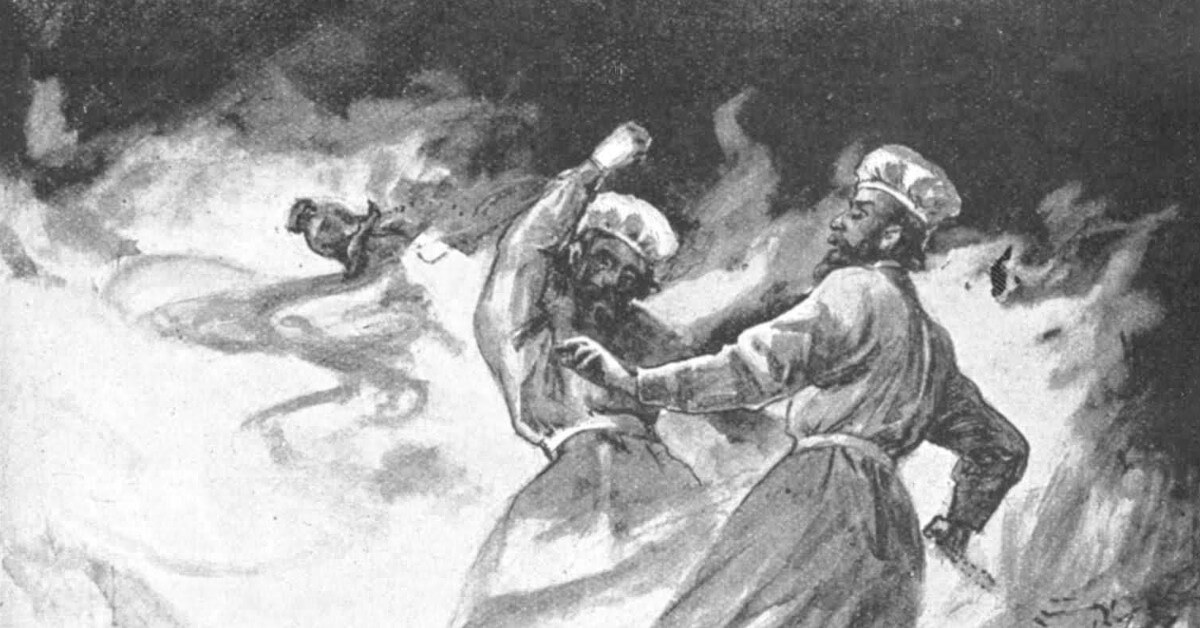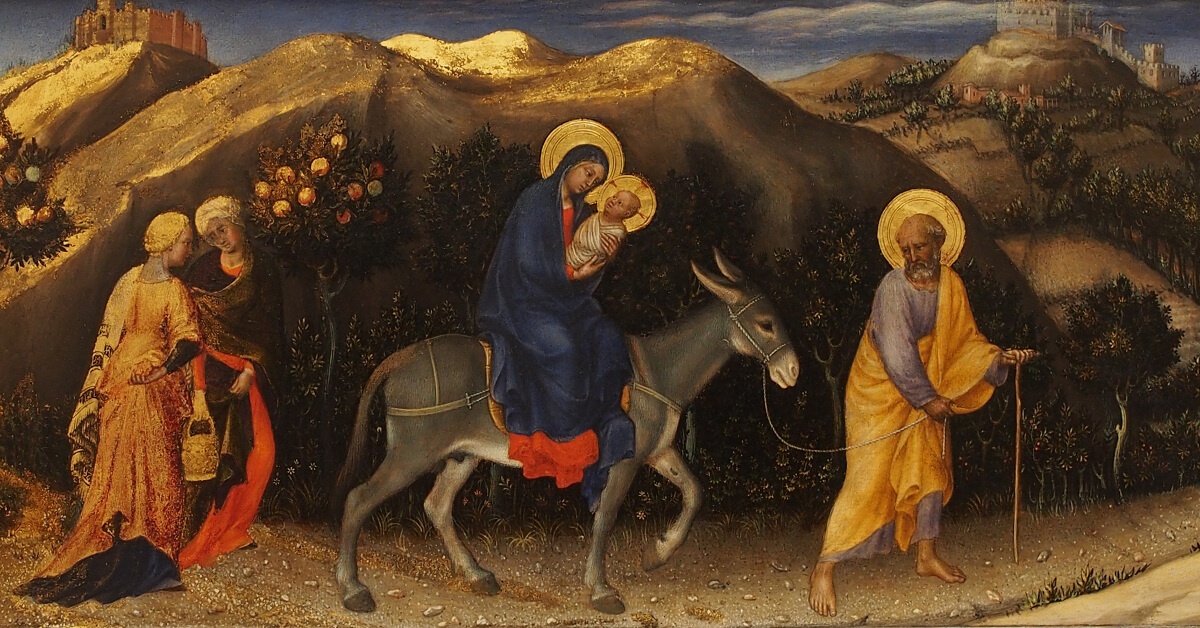Today’s video asks why Jesus held his followers back from proclaiming that he was the Messiah, while the Answers for Ambassadors podcast considers Richard Dawkins’ claim that our morality is shaped by “the moral Zeitgeist” rather than divine revelation. The links of the week cover profanity and abortion, service and evangelism, Christians as “gullible skeptics,” Donald Trump as a postmodern antihero, and more!
(If you receive these posts by email and aren’t seeing the video and podcast, just click the “Thursday Roundup” title to view the original post on my site.)
“The problem is that many people cling to the symbol but never understand the reality it is intended to represent. Most likely, tens of thousands of people have ‘invited Christ into [their] hearts,’ thinking that a mystical experience is what saves them. Then, they go on their merry way, living their lives as they did before. If you were to ask them, ‘How do you know that you are going to heaven?’ they would respond, ‘Because I invited Christ into my heart.’ But if you probe, there is nothing beneath the shallowness of that reply. They did what someone told them to do, but never really embraced the Savior.”
~ Daniel Wallace





